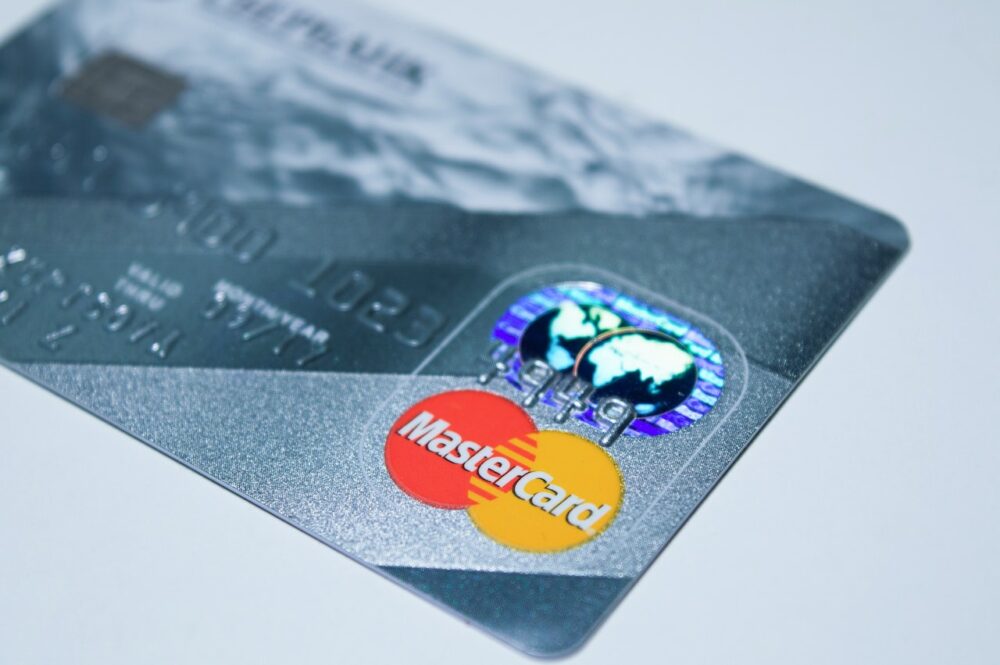Cross border crypto-transactions between the United States, Latin America and the Caribbean are now a lot easier thanks to a new service from Mastercard (NYSE: MA).
Introduced on Friday, Mastercard’s Crypto Credential service aims to establish a standardized set of common infrastructure and guidelines for trusted interactions between consumers and businesses using blockchain networks.
The platform will help ensure that trusted, compliant, and verifiable interactions take place on public blockchain networks, providing legitimacy to the blockchain industry.
With Crypto Credential, users can meet defined standards for the activities they wish to pursue on Web3 environments. The platform will define verification standards and levels and provide the necessary technology to bring more use cases to life. The service will also help bring richer information to blockchain transactions through metadata.
The platform offers easy-to-remember aliases to help consumers share wallet addresses, improving the consumer experience and reducing the potential for errors. It also provides richer information to blockchain transactions through metadata, defining wallet attributes to ensure transactions are completed as intended, such as network type or supported assets.
Read more: INX Digital and Greenbriar Capital collaboration lists first regulated tokenized shares
Mastercard Crypto Credential uses CipherTrace to verify addresses
Crypto Credential will leverage blockchain forensics firm CipherTrace’s services to verify addresses and support Travel Rule compliance for cross-border transactions. Mastercard has partnered with crypto wallet providers Bit2Me, Lirium, Mercado Bitcoin, and Uphold to enable transfers between the US and Latin America and the Caribbean corridors.
“Instilling trust in the blockchain ecosystem is a critical step towards realizing its full potential,” said Raj Dhamodharan, Mastercard head of crypto and blockchain.
“We need a way for trusted, compliant, and verifiable interactions to take place on public blockchain networks.”
Mastercard has also collaborated with public blockchain network organizations Aptos Labs, Ava Labs, Polygon, and The Solana Foundation to introduce the application to developers in their ecosystems.
The platform offers several benefits, including the creation of easy-to-remember aliases to help consumers share wallet addresses, improving the consumer experience, and reducing the potential for errors.
This is the latest in Mastercard’s series of cryptocurrency-related initiatives, including the launch of Crypto Secure, a new crypto service desk to help banks prevent fraud on crypto merchant platforms, and Crypto Source, a program that enables financial institutions to offer secure crypto trading services to their customers. Mastercard has also partnered with Polygon to launch the Web3-based Mastercard Artist Accelerator program.
Follow Joseph Morton on Twitter
joseph@mugglehead.com













